18, April 2024
Kenya: Helicopter crash kills defense chief and nine senior officers 0
Kenya’s defence chief and nine other senior military officers died in a helicopter crash on Thursday, President William Ruto announced.
“Today at 2:20 pm, our nation suffered a tragic air accident… I am deeply saddened to announce the passing on of General Francis Omondi Ogolla,” Ruto told reporters, adding that nine other officers were also killed while two survived.
He said the Kenya Air Force has dispatched an air investigation team to establish the cause of the crash, which took place in Elgeyo Marakwet county, about 400 kilometres (250 miles) northwest of the capital Nairobi.
“A distinguished four-star general has fallen in the course of duty and in the service of the country,” Ruto said, announcing three days of mourning from Friday.
Source: AFP
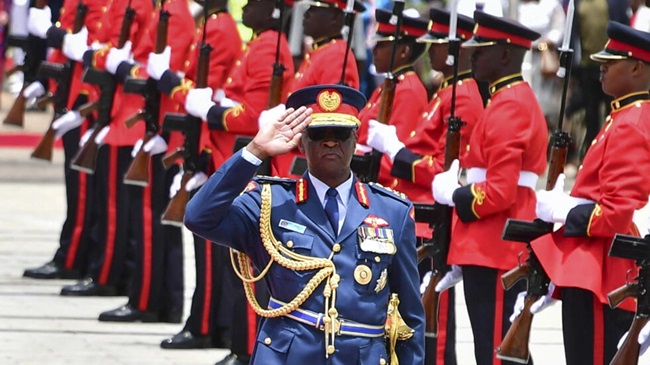
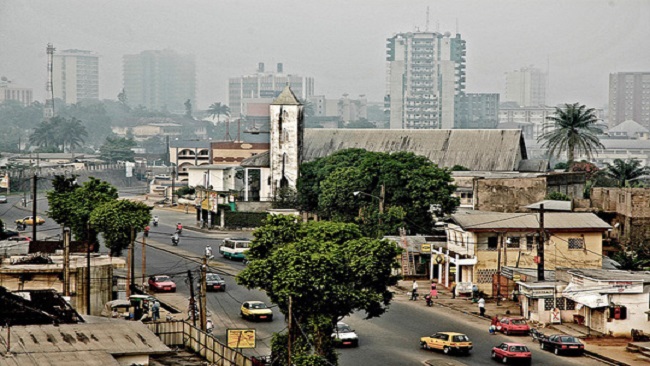
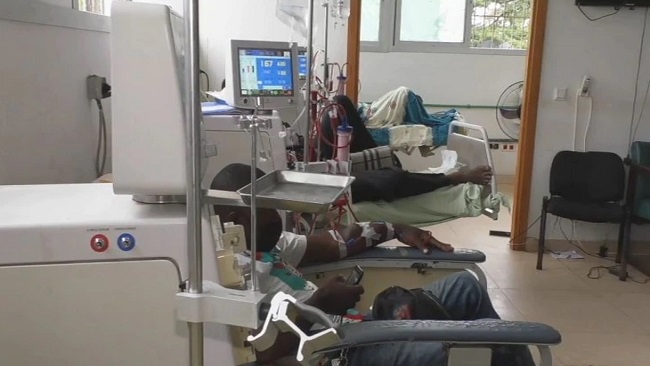



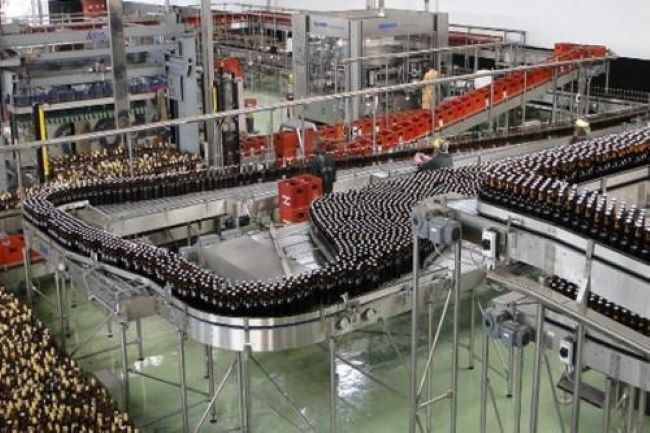
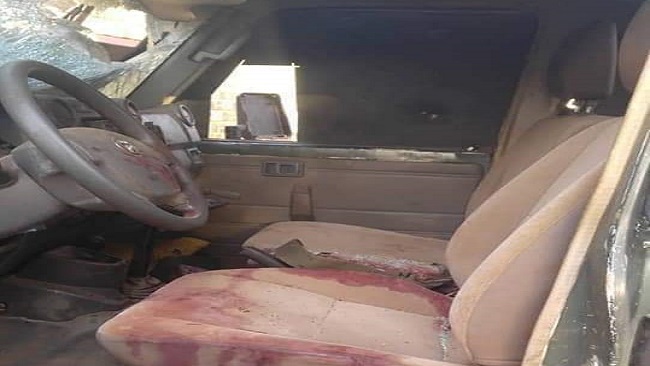
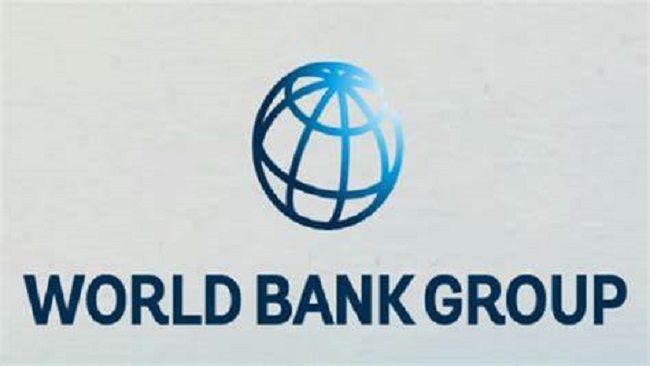


















19, April 2024
CPDM Crime Syndicate repays CFA39.8bn debt with new borrowings 0
On April 17, Cameroon reimbursed CFA39.8 billion on the public securities market of the Central African States Bank (BEAC). Renowned for its solvency since the establishment of this market nearly 13 years ago, Cameroon used its usual borrowing strategy to make this repayment.
To this end, two new issuances of fungible Treasury bills (BTA) were carried out on April 15, two days before the repayment date. These issuances, consisting of securities with maturities of 26 weeks for CFA40 billion and 52 weeks for CFA25 billion, raised CFA49.4 billion from investors. This sum not only covered the due repayment but also generated a cash surplus of CFA10 billion for Cameroon.
The interest rates applied in these operations reflected the increasing tension in the market, which has seen its requirements rise over the months due to a restrictive monetary policy. Cameroon offered an average interest rate of 6.3% on the 26-week BTAs and 6.5% on the 52-week ones. The rates are significantly higher than the 3% ceiling commonly practiced by the Cameroonian Treasury on these securities a few years ago.
Source: Business in Cameroon